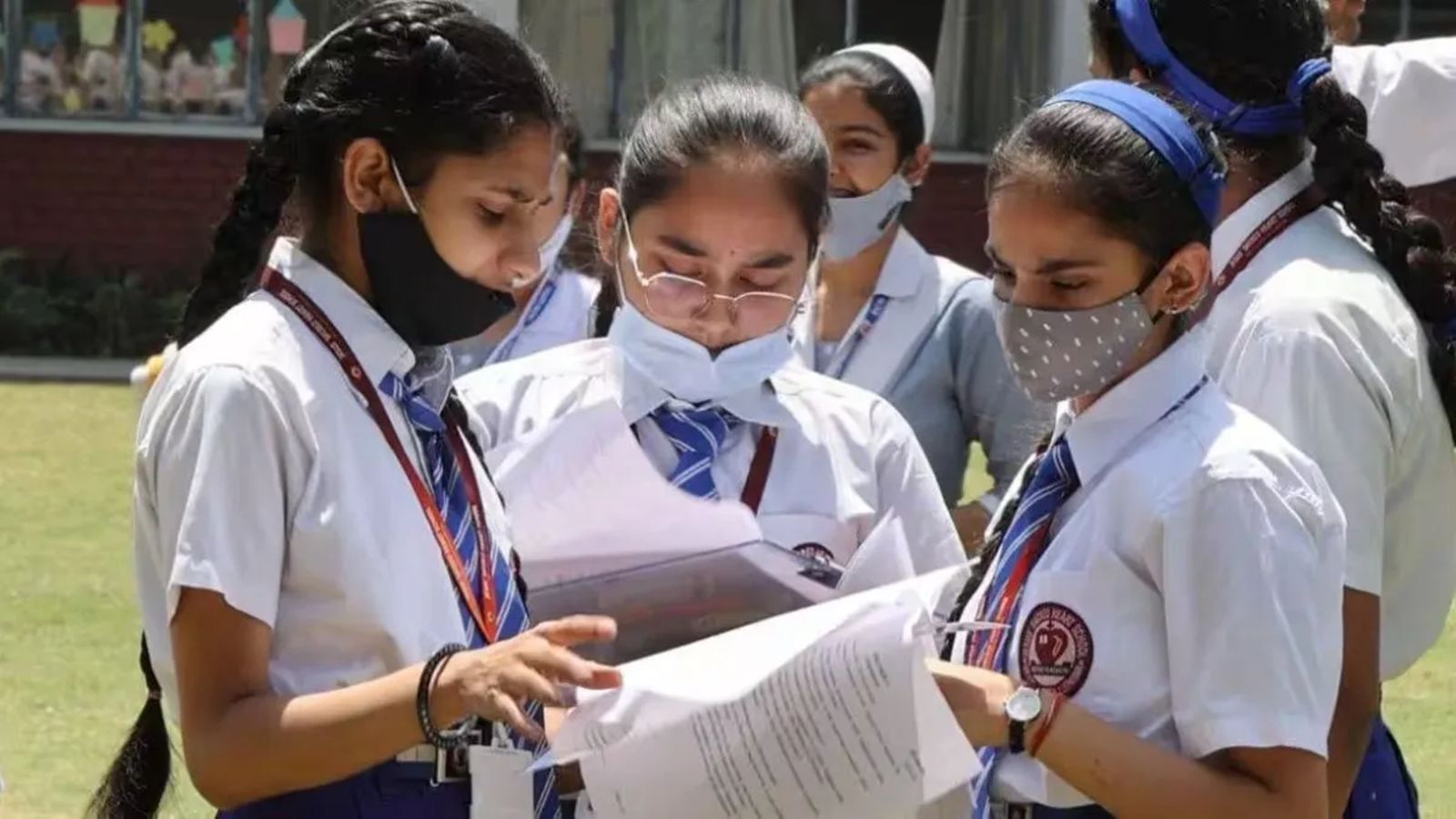Karnataka's Innovative Approach to Education Pays Off: Science Subjects Show Highest Share Among Repeat Takers

Bengaluru: A unique experiment unveiled by Karnataka has shown that students are benefiting from having two chances to improve their performance in academics, with science subjects dominating the repeat taker list.
The state's decision to conduct three board exams a year for Class 10 and 12, allowing students to sit for one exam or all three, yielded impressive results. With over 21,000 students showing up for Physics re-exams, Chemistry followed closely at around 18,000 for the second attempt, while Mathematics was third among the repeated attempts with a little over 14,000 students attempting it.
These figures reflect a significant trend, with science subjects taking an increasing share of repeat takers. According to data from the Karnataka School Examination and Assessment Board (KSEAB), English and Biology also saw a growing number of repeat takers, albeit smaller, but still impressive proportions, indicating that the state's education policy is effectively targeting student stress and lack of clarity over assessment.
Data showed that around 65% of Physics candidates were able to improve their scores by more than half upon retaking Exam 2. Similarly, in Math, 60 percent saw improvement with more than half in Chemistry achieving same success rate.
Karnataka has become the first state to implement a key recommendation from the National Education Policy (NEP) 2020, which advocates giving students up to two chances in a school year to take Board exams. The unique experiment was prompted by last year's supplementary exam for Class 12, where around 80,000 students registered to improve their scores.
However, with more than half of candidates expressing apprehensions about losing score or being disadvantaged upon retaking due to "some miscommunication," Chairperson N Manjushree at the Board acknowledged that communication on the benefits and clarity needed improvement. Nevertheless, this experiment has shown significant promise in easing students stress by providing additional exam chances.
The impact of this approach extended beyond just improving individual outcomes, with an overall 6 percent increase in the pass percentage for Class 10 exams when students had the chance to sit for another board exam. For instance, the pass Percentage went up from 73.28 percent in First Exam to 81.65 percent when a student opted to take the second board exam.
The experiment is expected to continue with an even greater number of students participating with added logistical hurdles such as multiple evaluations centers and extensive re-paper preparation throughout this time frame as stated by Chairperson Manjushree.
Karnataka's decision is paving the way for other boards to follow suit, as educators grapple with logistics but are increasingly moving towards giving students more breathing room within their academic cycles.
